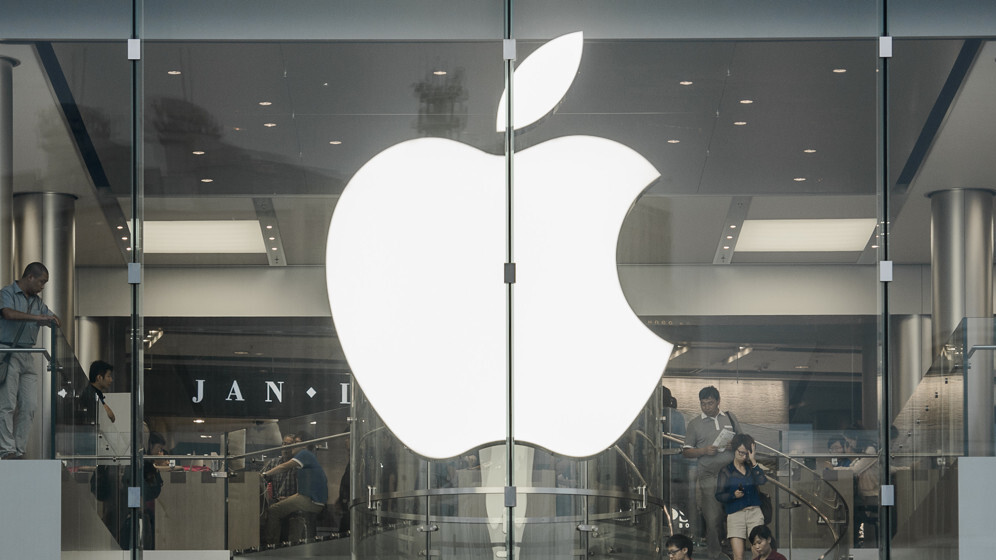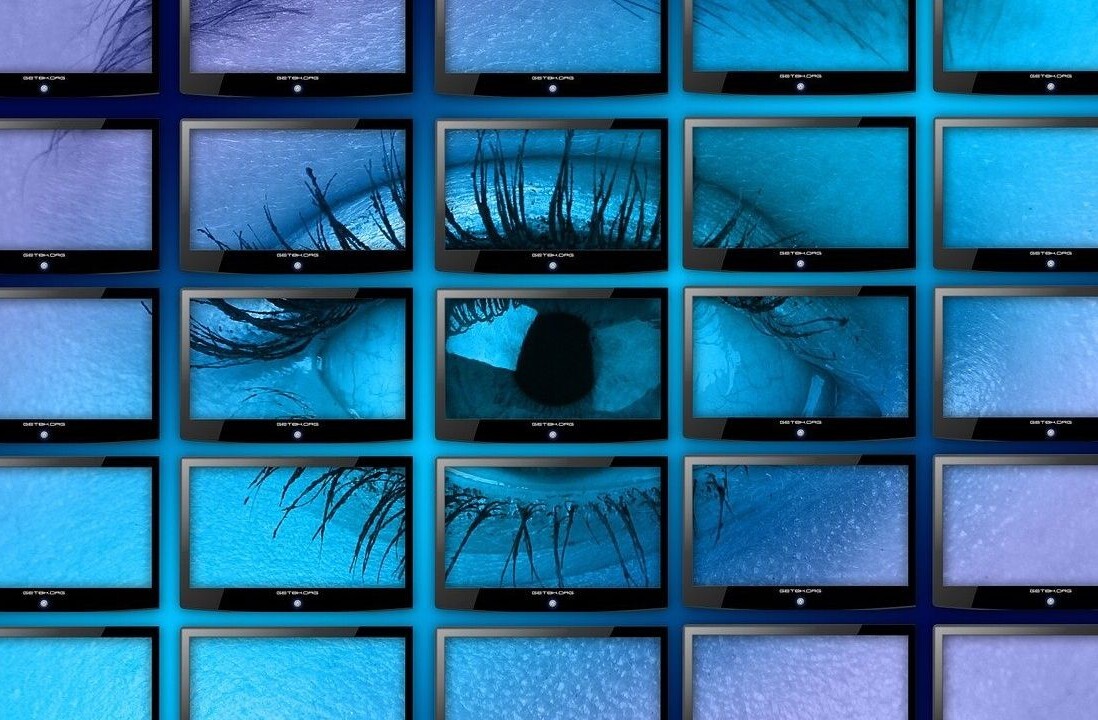
The China Association of Consumer Protection Law, a subsidiary China Law Society, has accused Apple of tax evasion, intellectual property violations, and distribution of pornographic content in China.
According to a piece published in China’s The Mirror (hat tip Bill Bishop), the government-affiliated research group held a meeting yesterday that revealed findings from an investigation into possible illegal activities conducted by the California-based firm. At the meeting, it was announced that there was reason to suspect Apple had violated Chinese law by failing to pay legally-stipulated tariffs on software sold to Chinese consumers through the App Store.
Leaders of the research group argued that in China, apps are classified as “goods,” the same category as the hardware that Apple ships regularly from California to China, and that is subsequently subjected to inspections and tariffs upon its arrival. But since apps sold in the app store are distributed through the Internet, by not paying tariffs on said apps, Apple is in essence practicing tax evasion.
The group went on to argue that since Apple isn’t paying tariffs on the apps, it is, by default, pocketing money that ought be designated for tariffs, and therefore, by extension, is smuggling goods into China.
The group referred to Article 54 of Customs Law of the People’s Republic of China, which states that tariffs imposed on goods entering the country ought to be paid by the parties responsible for importing them, to support its point.
Following the accusation of tax evasion, the association went on to argue that Apple had also unlawfully sold and distributed reading materials, mentioning two major cases from last year that were only “the tip of the iceberg” (translation mine). And to round out the meeting, it also accused apple of selling pornographic content – a notable move, as online porn is officially banned in China (though this has been difficult to enforce, as one might expect).
I’m not a lawyer and have no knowledge of how taxes might be imposed on app purchases in the App Store. However, it would seem to me that the App Store operates more as a platform through which developers can sell their goods, rather than a distributor or an importer. Regardless, the deliberate and rather crude comparison to smuggling is a indicator that while these accusations appear to be about tariffs, they are really about politics.
This round of accusations is but the most recent in a string of unusual, state-sanctioned strikes at Apple. Early last month, the company pulled a bookstore app from the country’s App Store. Many were quick to point out that the software contained literature banned by Chinese authorities, and the removal thus signified Apple’s capitulation towards China and its censorship policies. Meanwhile, at the start of 2013, Apple found itself at the center of a controversy surrounding mishandling of warrantees in China’s retail Apple Stores. The resulting frenzy on television and Sina Weibo, blatantly carried out by the state media, led Tim Cook to issue an open letter of apology to Chinese consumers.
The motivations behind China’s mounting pressures on Apple remain unclear. Some have suggested that the Chinese government is bullying Apple in order to demonstrate that it won’t give well-established international firms unfair advantages over local ones. But if this were the case, China might be better served by directing those energies towards Google’s Android platform, as Apple’s iOS occupies only 8% market share among handheld devices in the nation.
We can keep in mind that these accusations, which were made by a government-affiliated research organization, haven’t yet amounted to legal action against Apple on behalf of the Chinese government proper. What’s important to note is that as Tim Cook continues to proclaim his commitment to the Chinese market (he intends to double the number of Apple Stores in China within two years, and the latest one might be ready by year’s end), the Chinese government may not be welcoming his company’s expansion with open arms.
Image Credit: PHILIPPE LOPEZ/AFP/Getty Images
Get the TNW newsletter
Get the most important tech news in your inbox each week.




